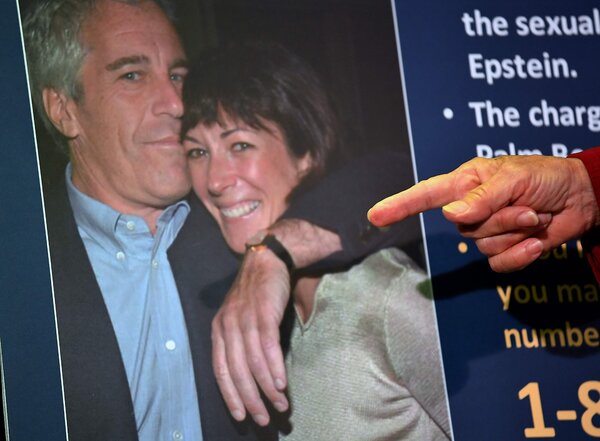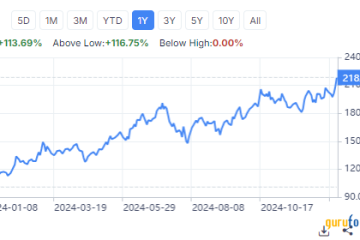Exploring the Impacts of Ghislaine Maxwell’s Role in the Epstein Scandal

Introduction
The case of Ghislaine Maxwell has drawn significant media attention and public scrutiny in recent years, especially in the wake of her involvement with the late Jeffrey Epstein. Her trial and subsequent sentencing have sparked discussions on issues ranging from sexual abuse and trafficking to the broader implications of elite privilege within the justice system. This article aims to delve into the key events surrounding Maxwell’s activities, the legal outcomes she faced, and the societal implications that stem from this notorious case.
Key Events and Legal Proceedings
Ghislaine Maxwell, a British socialite and former associate of Epstein, was arrested by the FBI in July 2020 after years of allegations connecting her to Epstein’s sex trafficking operation. In December 2021, she was convicted on five counts, including sex trafficking of a minor. The jury deliberated for only a few days before reaching a verdict that underscored the gravity of her actions. In June 2022, she was sentenced to 20 years in prison, a decision that exemplified the legal system’s stance on sexual exploitation and human trafficking.
Public Reaction and Societal Implications
The trial garnered widespread media coverage, illuminating the harrowing experiences of many survivors who testified against her. The testimonies painted a grim picture of the exploitation that occurred under Maxwell and Epstein’s watch, exemplifying how power can be wielded in devastating ways. Public reaction has also been shaped by the broader implications of the case, with many calling for reforms in how wealthy and powerful individuals are prosecuted for crimes.
Furthermore, the case has sparked discussions about accountability and systemic inequalities within the justice system. It raises questions about how societal norms protect the powerful and how these dynamics can perpetuate cycles of abuse. Victim advocacy groups have leveraged the visibility of Maxwell’s case to push for enhanced protections for survivors and stricter measures to combat human trafficking.
Conclusion
Ghislaine Maxwell’s case serves as a stark reminder of the importance of addressing sexual violence and exploitation at all societal levels. Although her conviction may provide a sense of justice for some, the underlying issues surrounding power dynamics and privilege in the legal system remain unresolved. As society reflects on these events, it is crucial to push for systemic changes that prioritize the protection and support of survivors. The ongoing discussions sparked by her case will likely continue to shape public perception and policies regarding sexual abuse and trafficking in the future.









